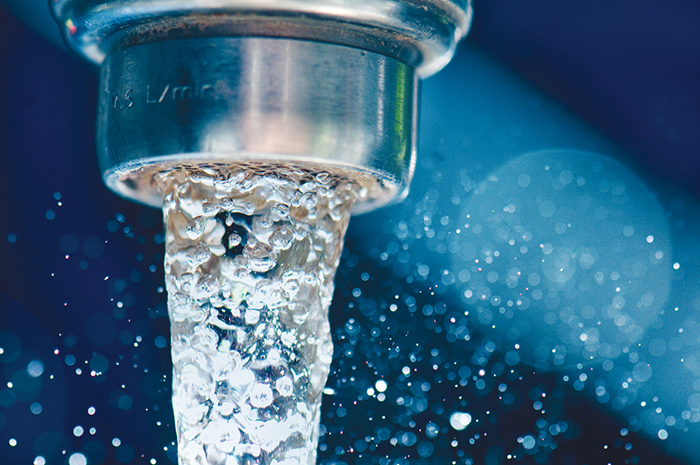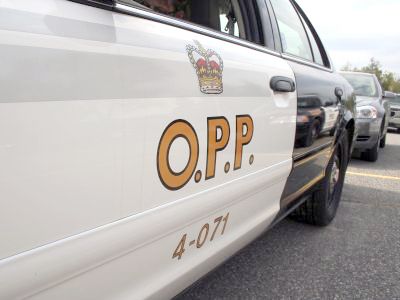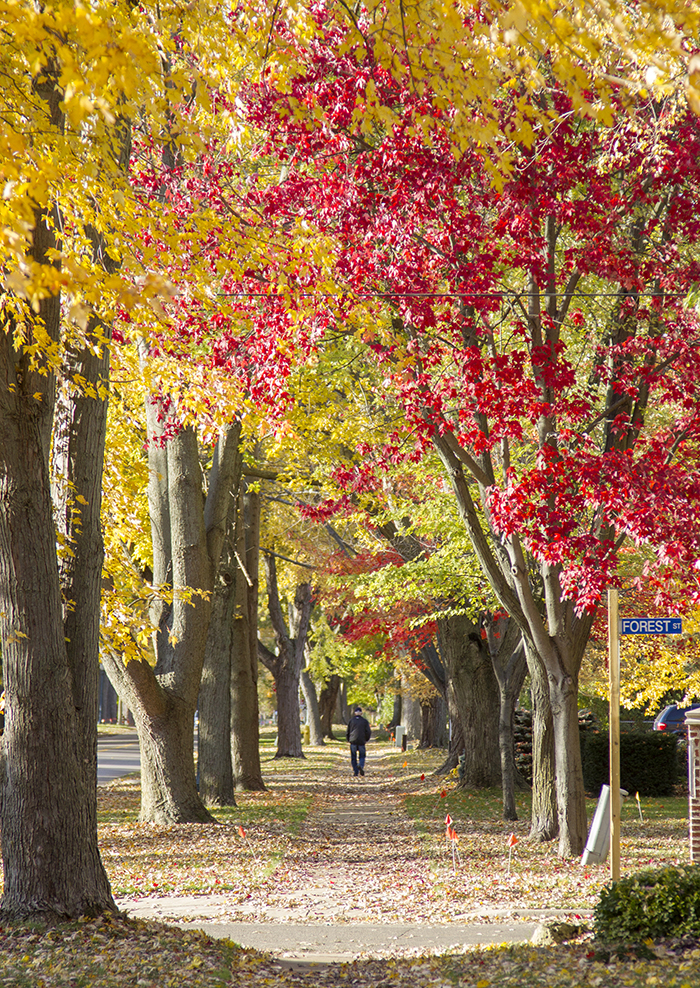A recent CBC report stated many Canadian cities are falling short of testing for contaminants in their drinking water; Chatham-Kent isn’t on the list.
The CBC looked at 18 cities across the country – the nearest one being Windsor – and asked them to list the health-related contaminants they test for in their water supplies.
Only one — Ottawa — tests for all 75 substances found in Health Canada’s published guidelines for Canadian drinking water. Windsor tests for 59 of them, according to the CBC.
Chatham Mazda from Chatham Voice on Vimeo.
In Chatham-Kent, Tom Kissner, general manager of the Public Utilities Commission (PUC), said his organization doesn’t follow the federal guidelines, but instead adheres to the provincial testing requirements.
“Typically, what happens is there are provincial regulations we follow when it comes to testing and frequency of testing,” he said.
That said, Kissner explained that the federal guidelines list 105 items to test for in drinking water, and that the local PUC tests for 84 of them.
“You really have to look at the guidelines. Some of the parameters are for taste. We don’t analyze for that,” he said.
Kissner added there are other federal guidelines for testing, but no maximum concentration levels are listed, or aren’t even health related.
“They’ve got parameters listed, but they aren’t health related. Some don’t have a maximum concentration. There’s nothing to measure against to see if we’re meeting the guideline or not. There’s no sense in sampling for them,” he said.
Instead, the PUC adheres to the provincial rules.
“We’re regulated to follow Ontario guidelines. That’s what we do. We have to meet those standards,” Kissner said.
Bacteriological testing is done weekly, he added, while testing for chlorine residuals – ensuring the right amount is added to the water to kill bacteria – is done daily.
“Some schedules are annual, some quarterly, some weekly, some daily,” he said of the testing cycles.
The bacteriological samples are sent to a local provincial-approved lab in Chatham, Kissner said, while many of the other samples wind up going to a Toronto lab for testing.
“It’s all got to be certified by the province,” he said.
One difficulty for Chatham-Kent is each drinking water system – and there are five – must be tested individually. Chatham and North Kent, Wallaceburg, Highgate and Ridgetown, Wheatley and Tilbury, and South Kent are all separate systems. Kissner said Bothwell gets its water from a water system outside the municipality.






